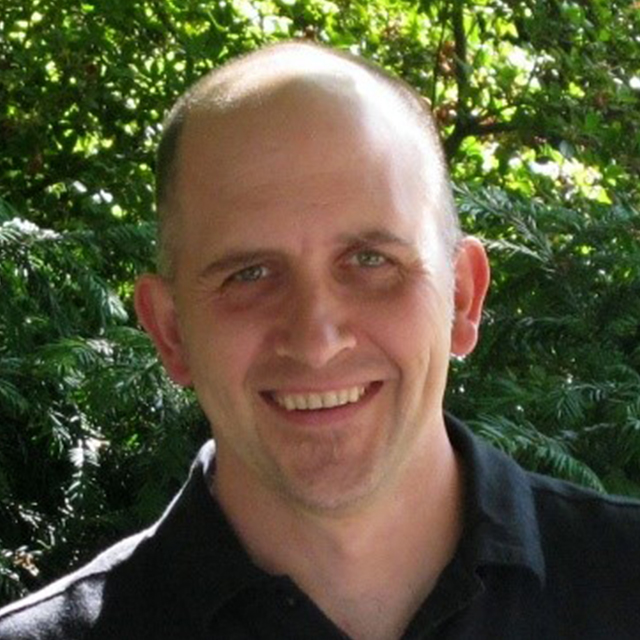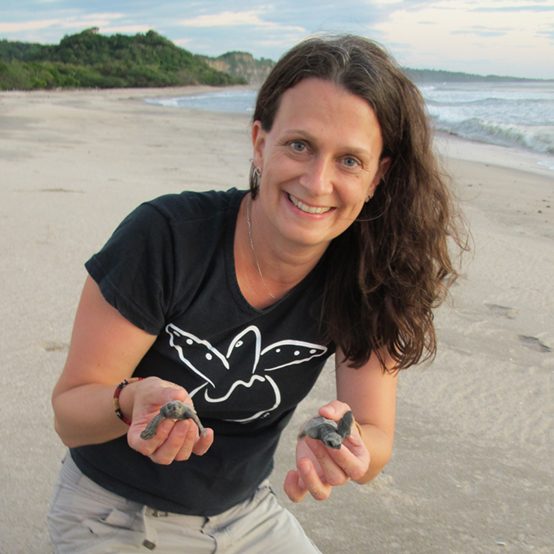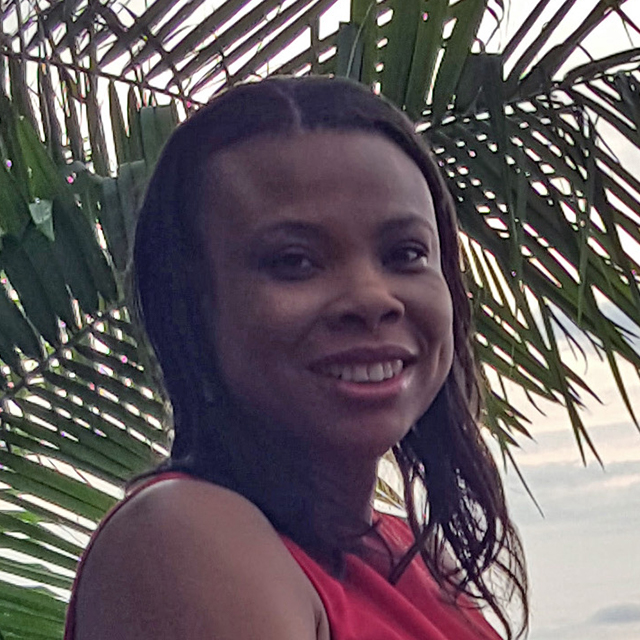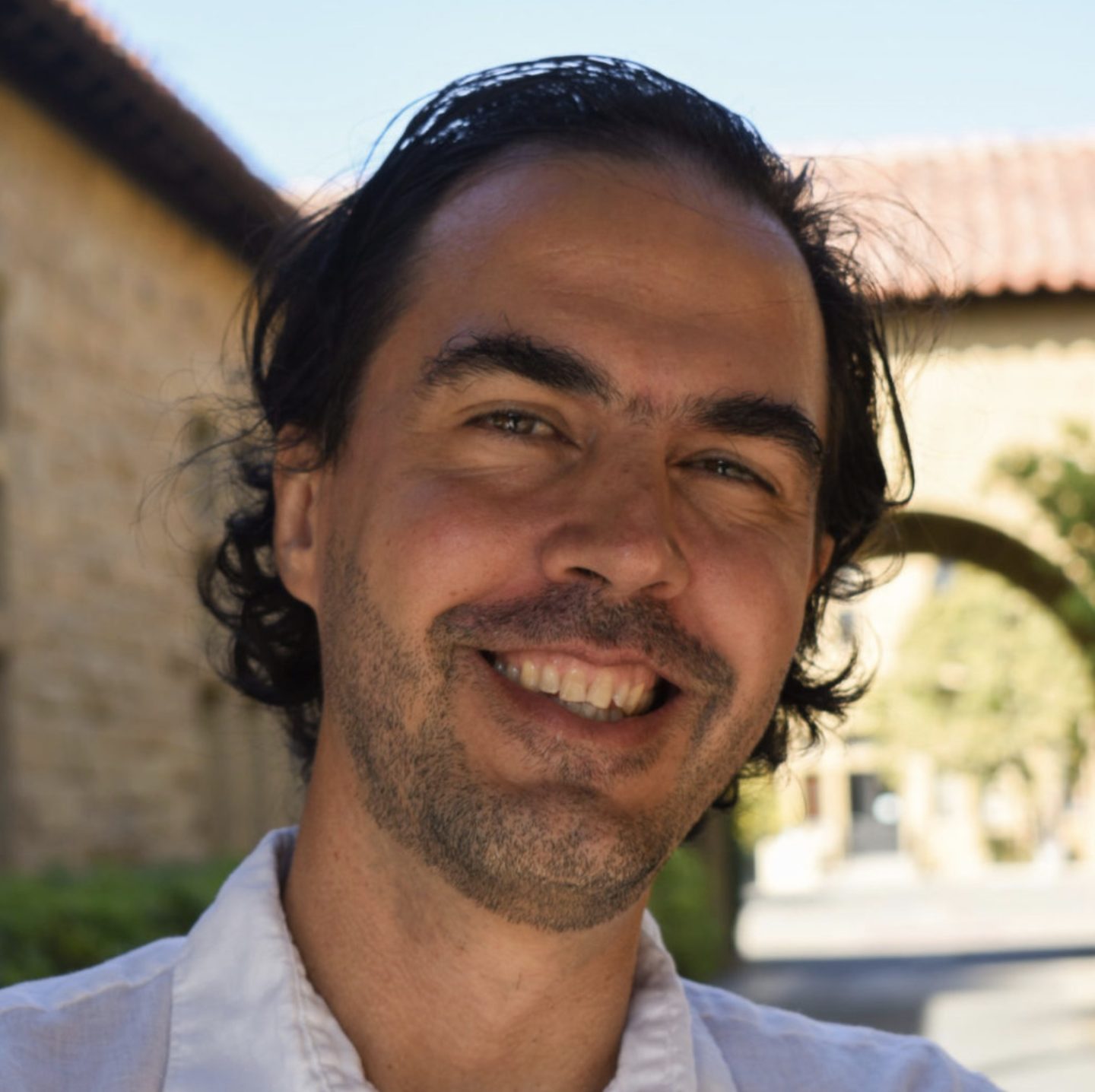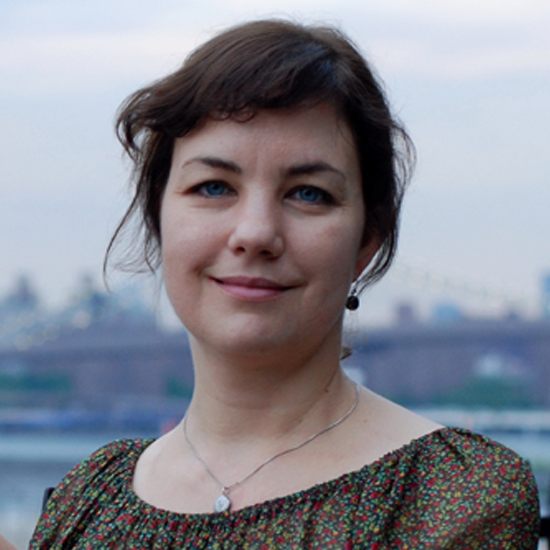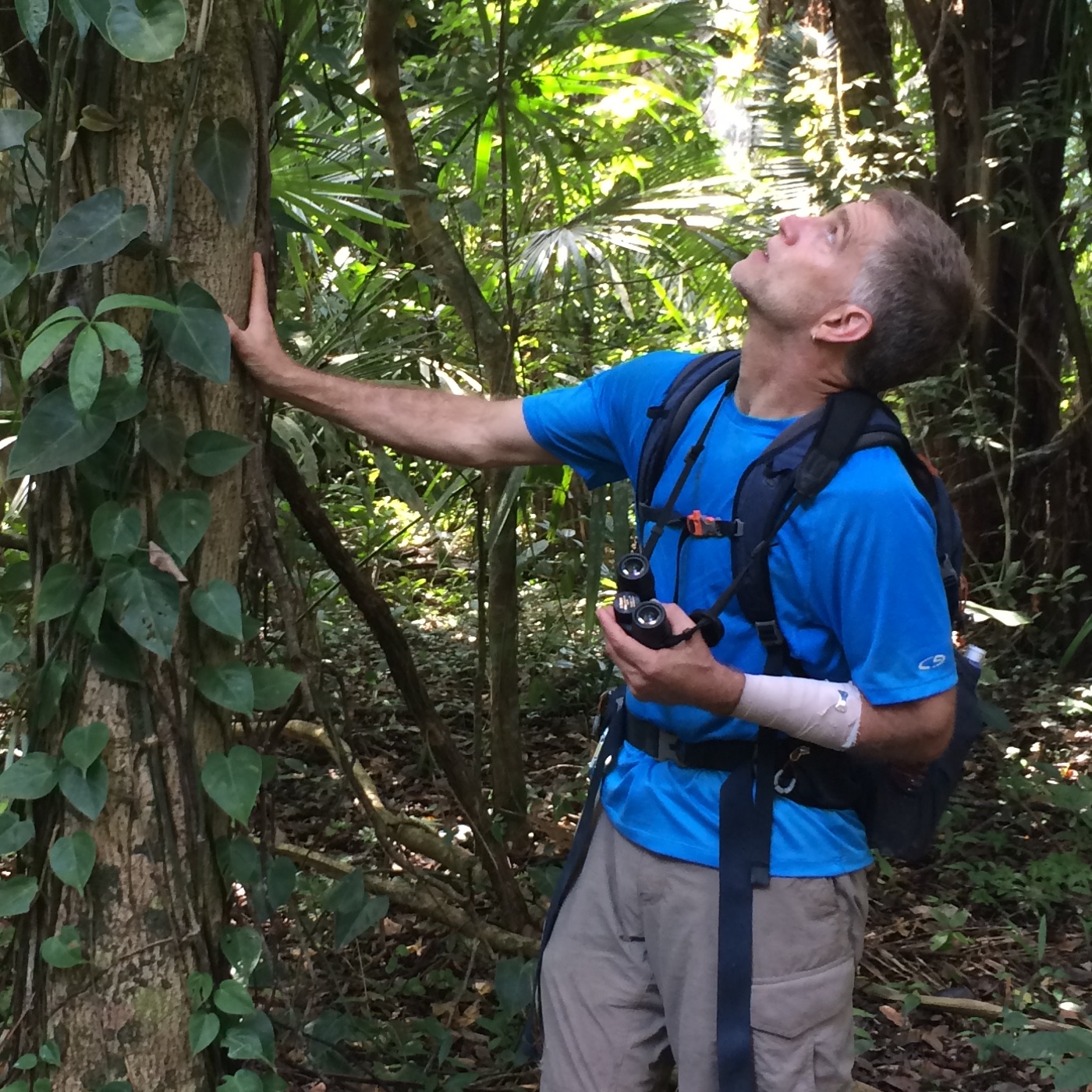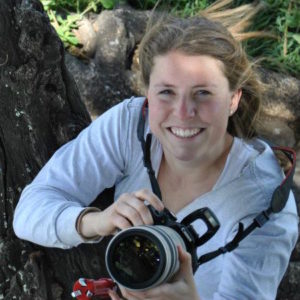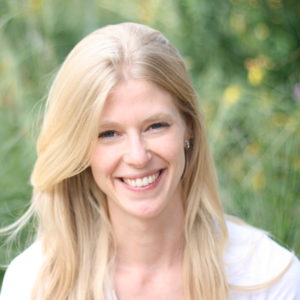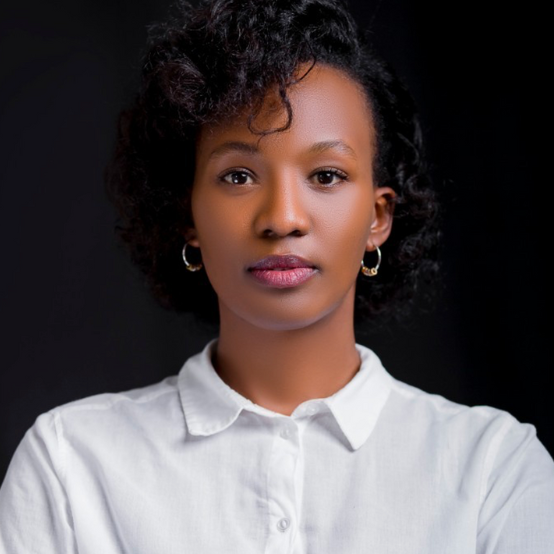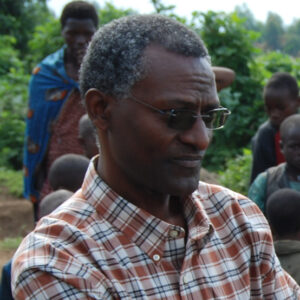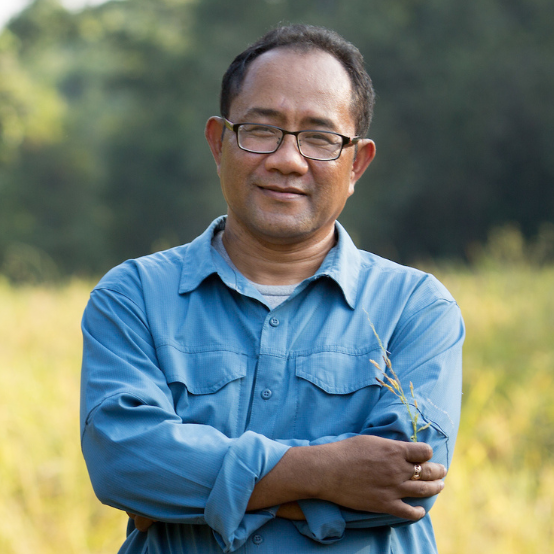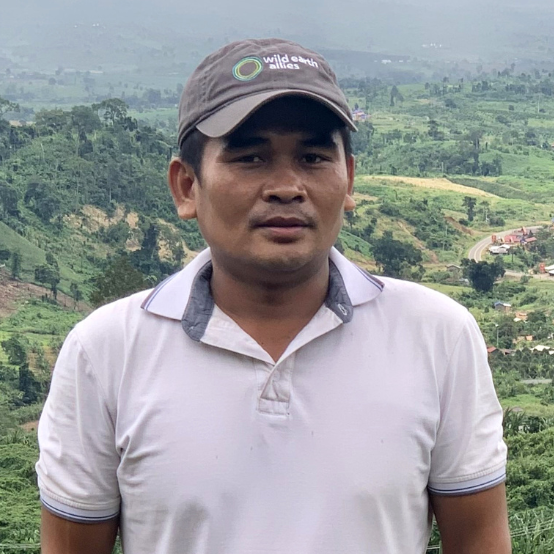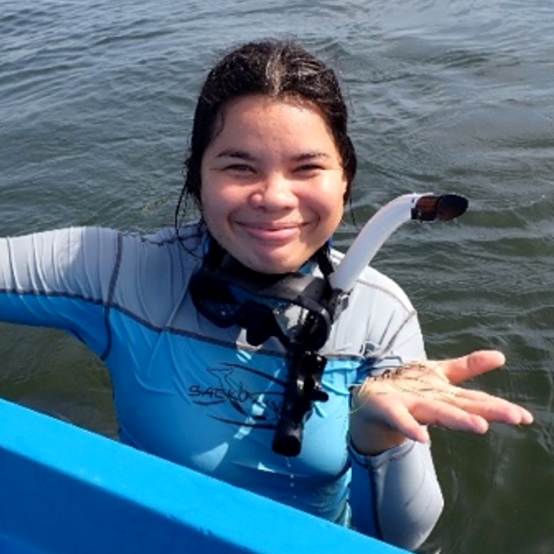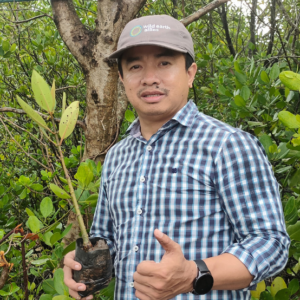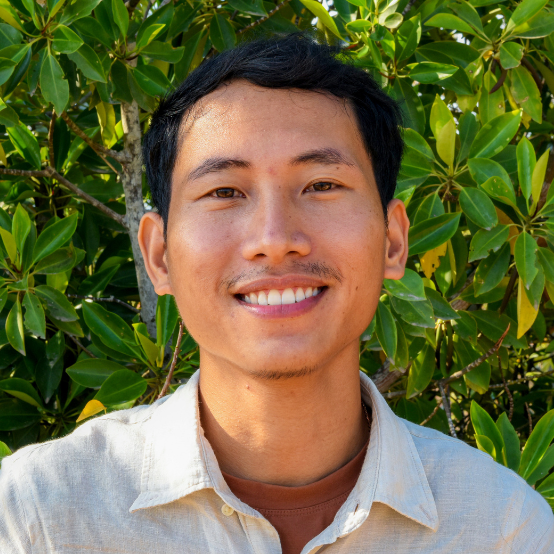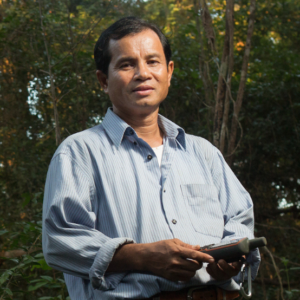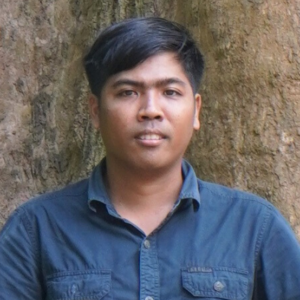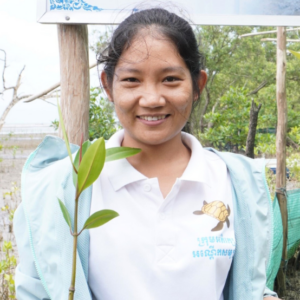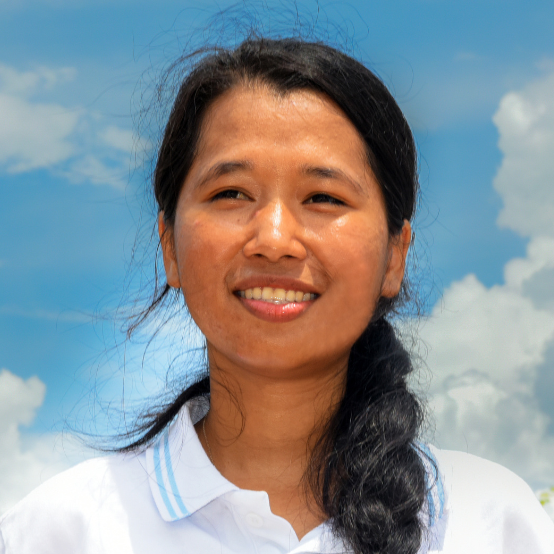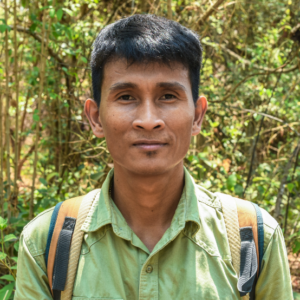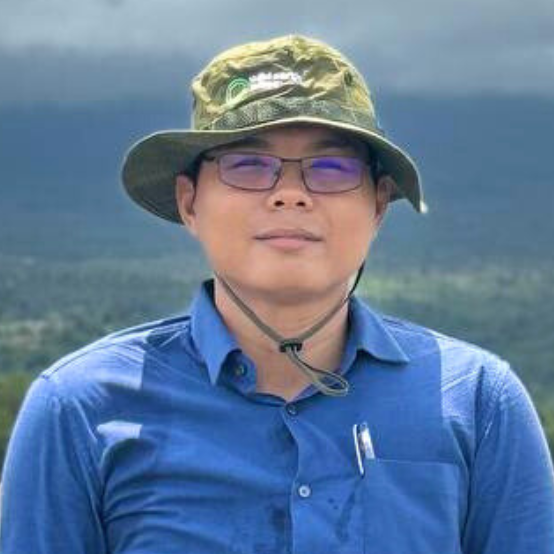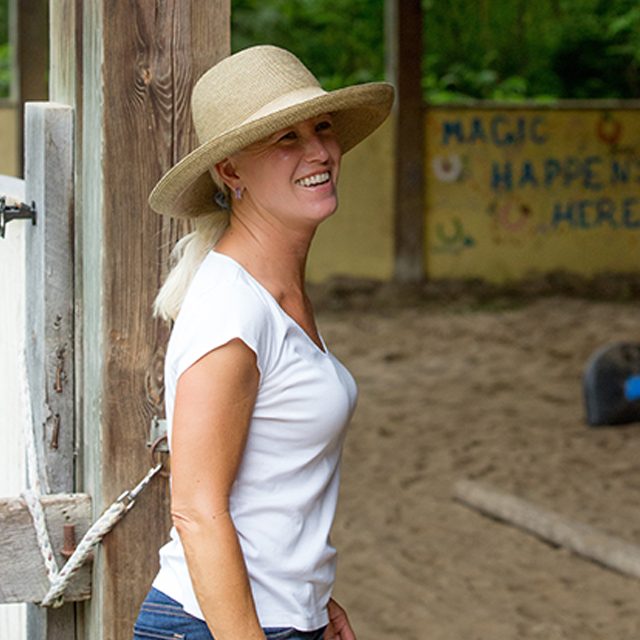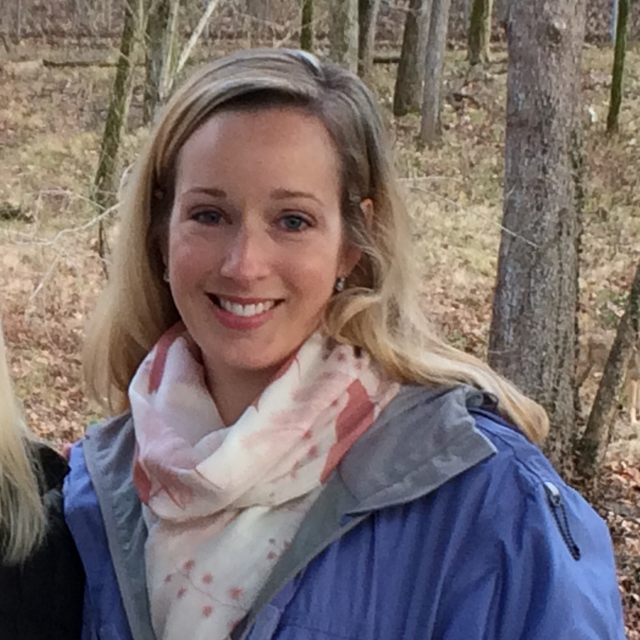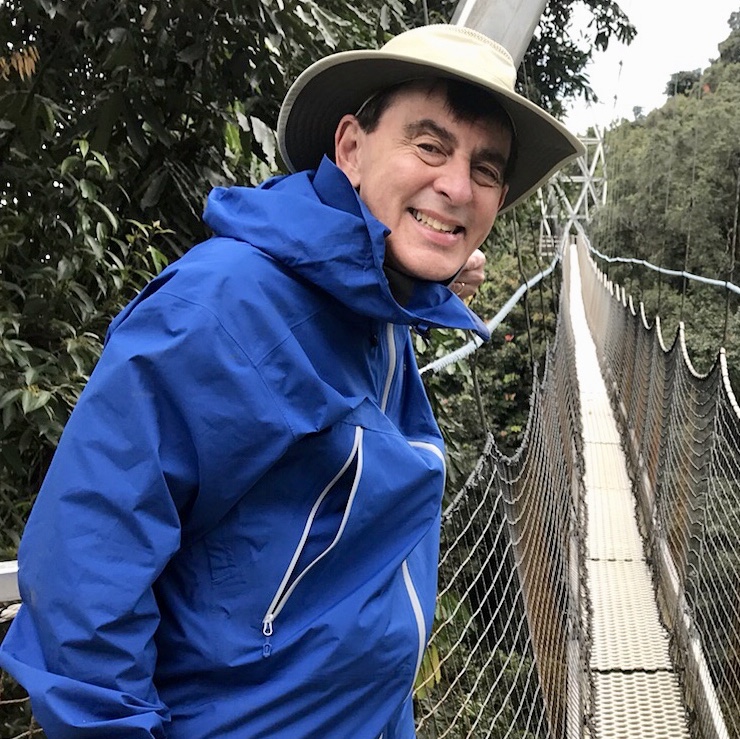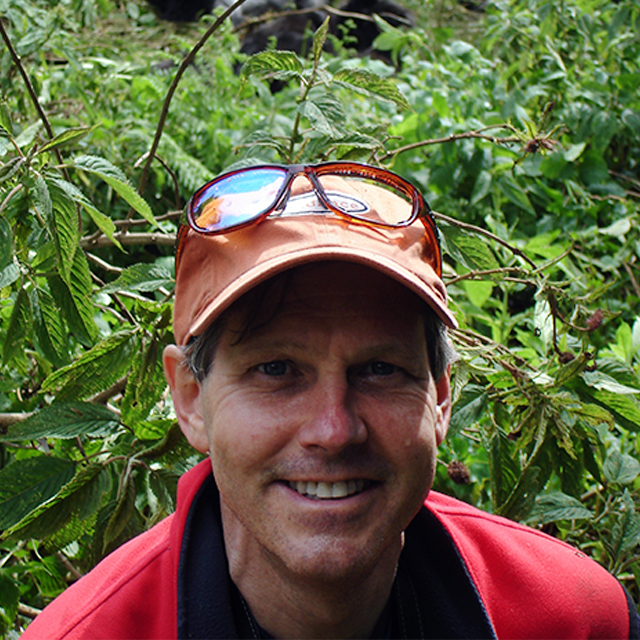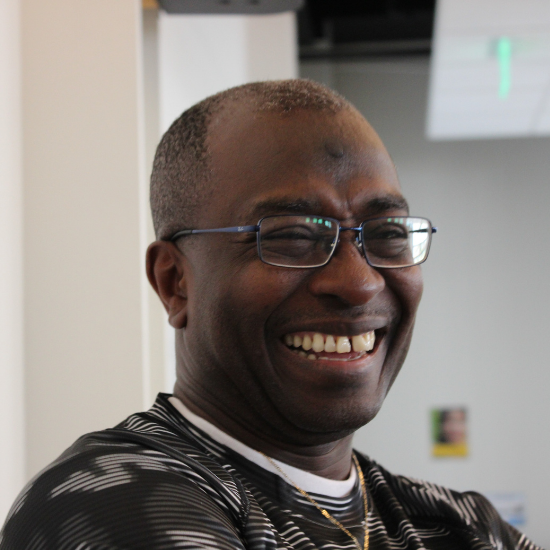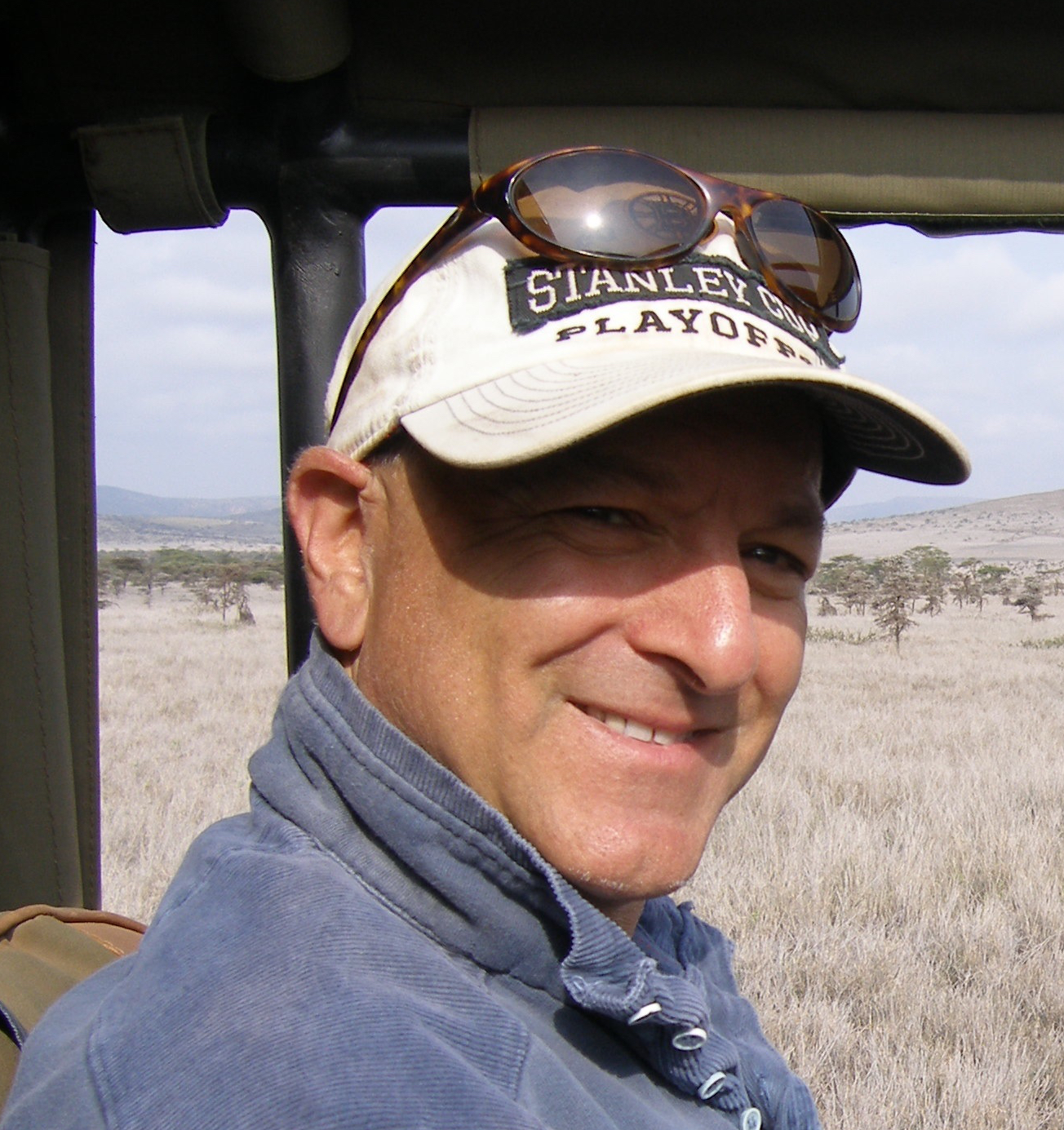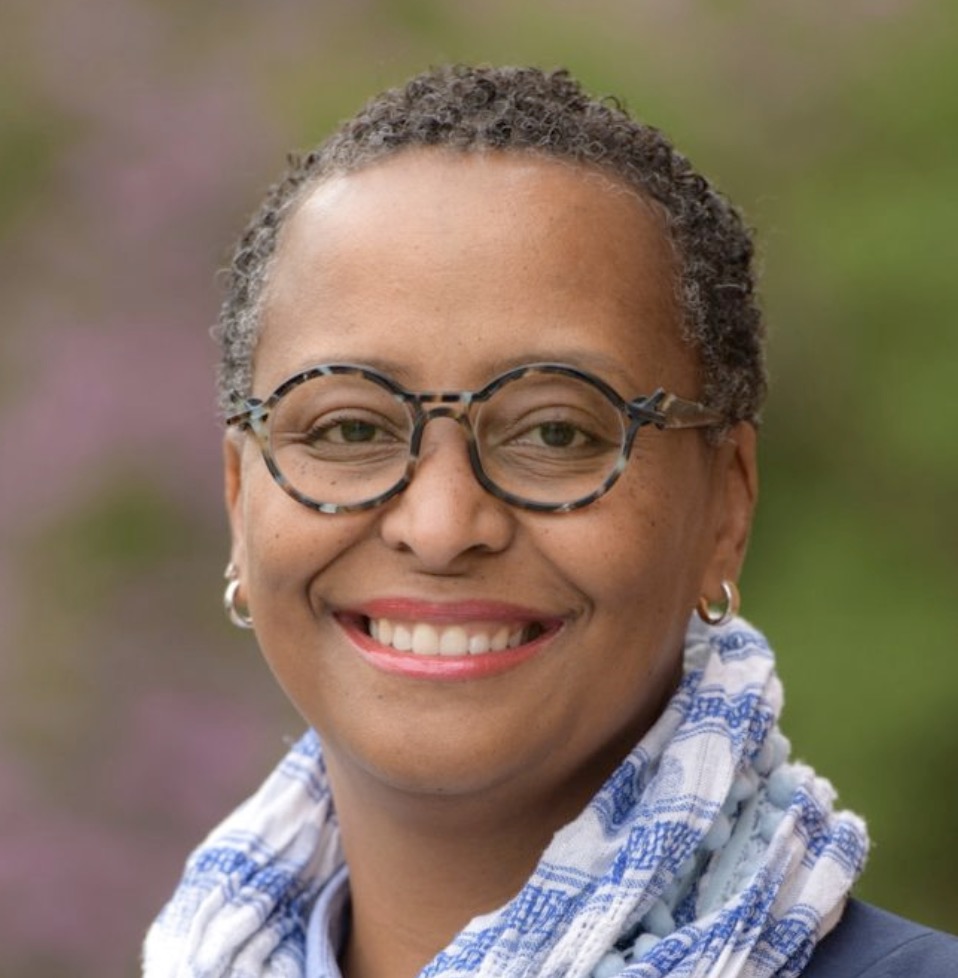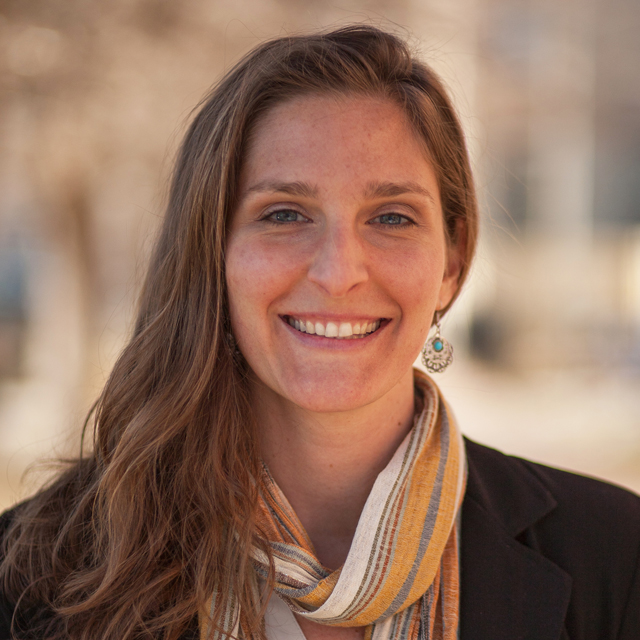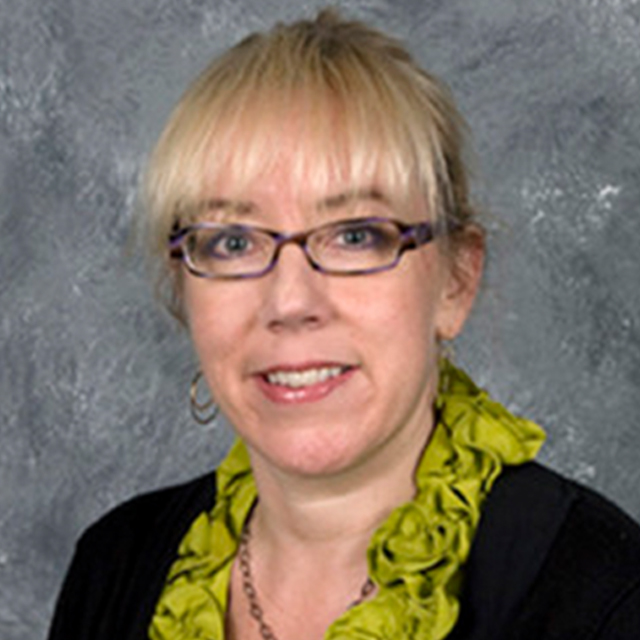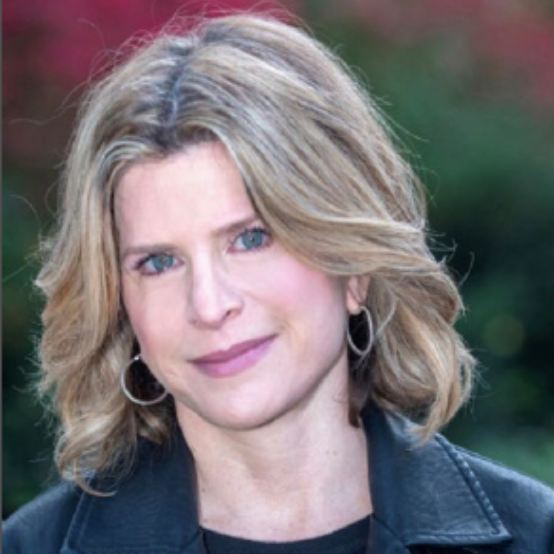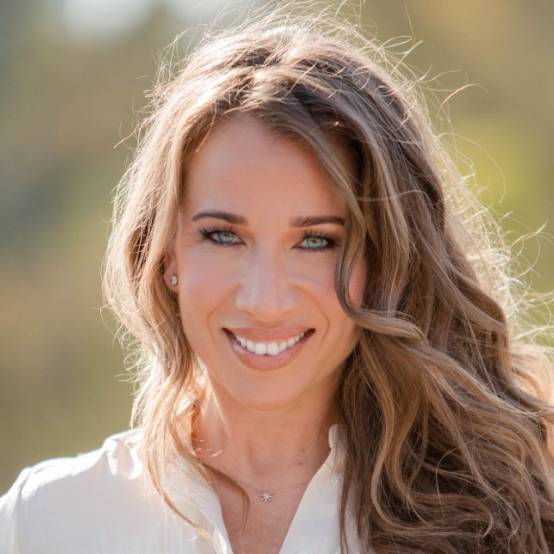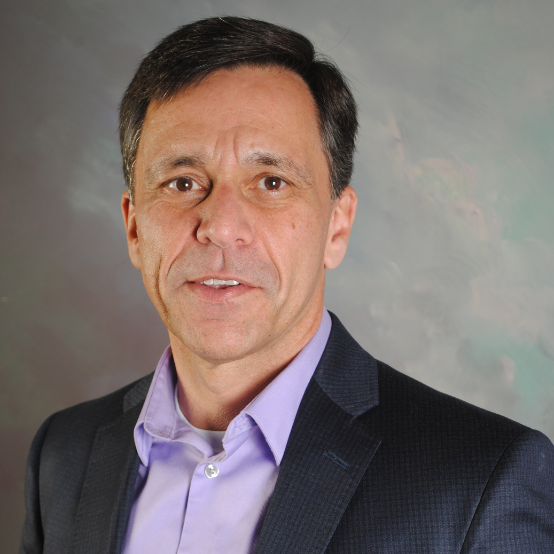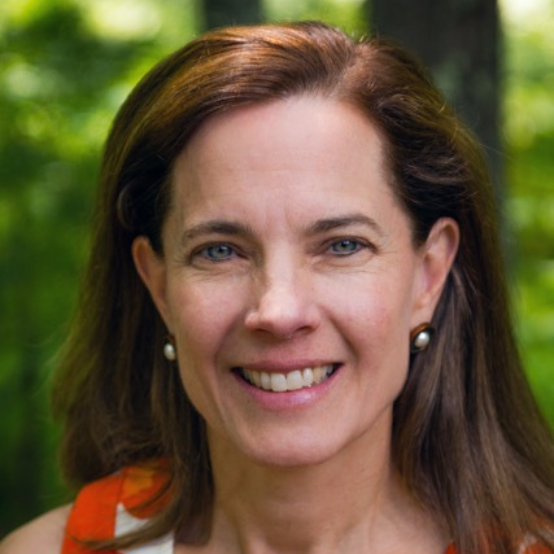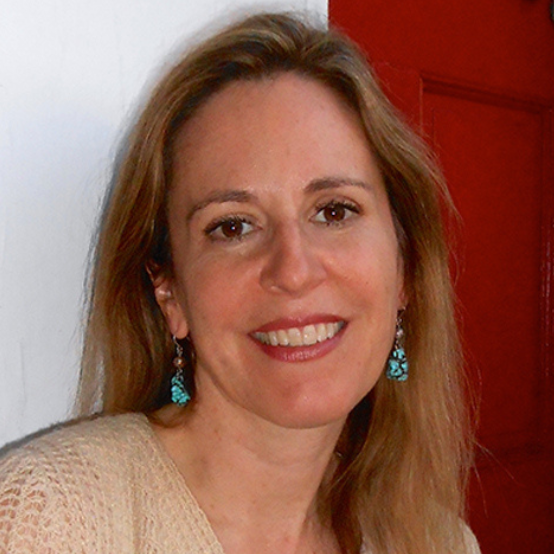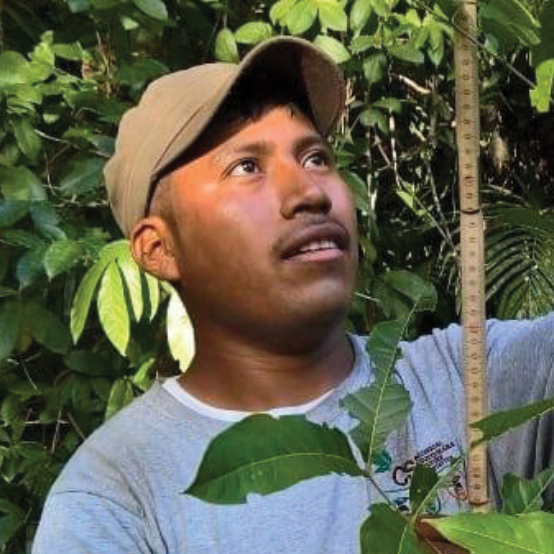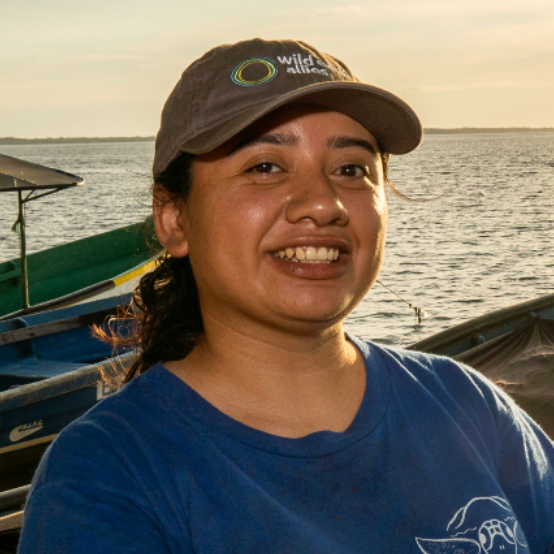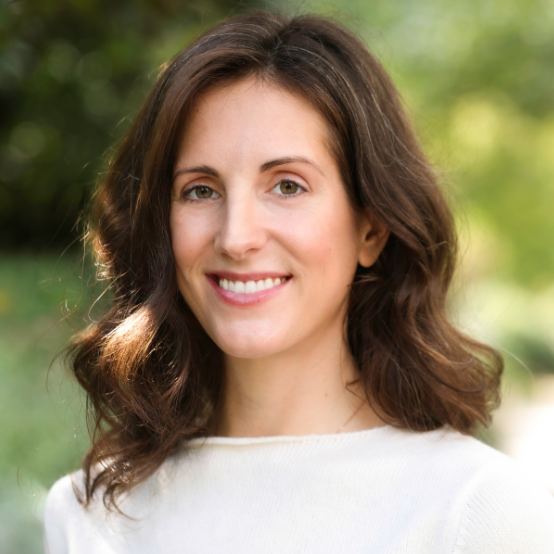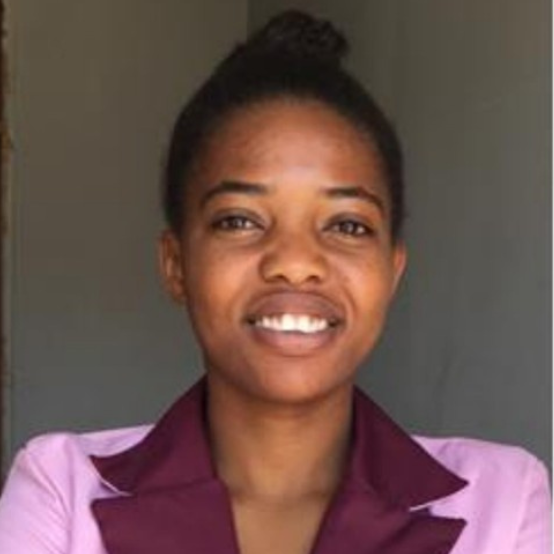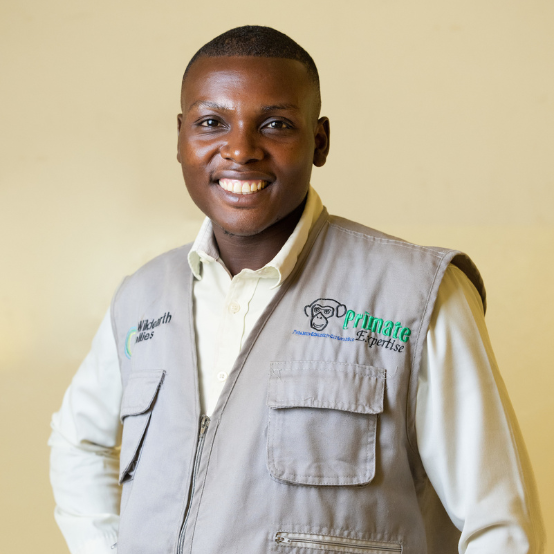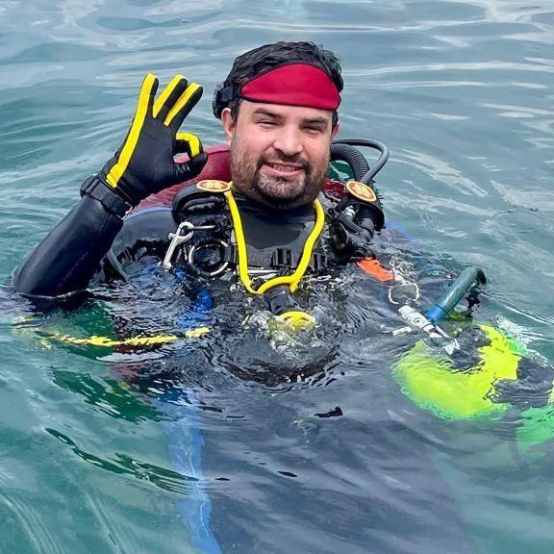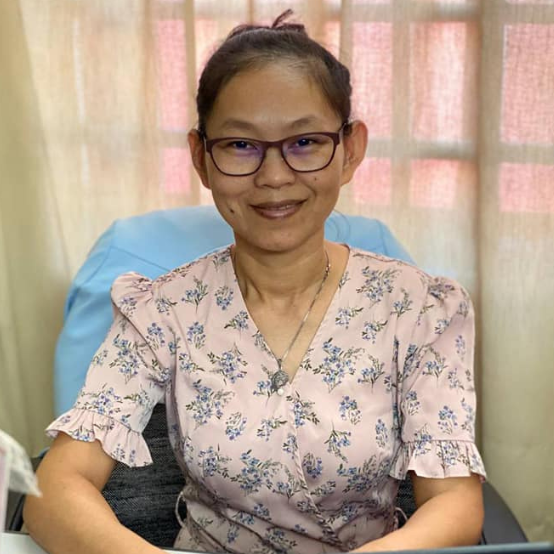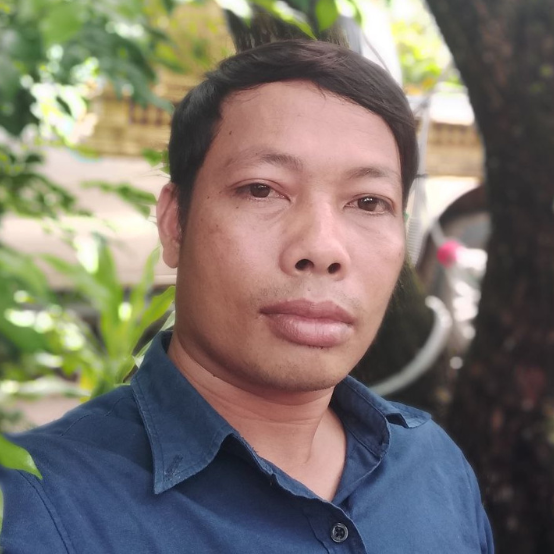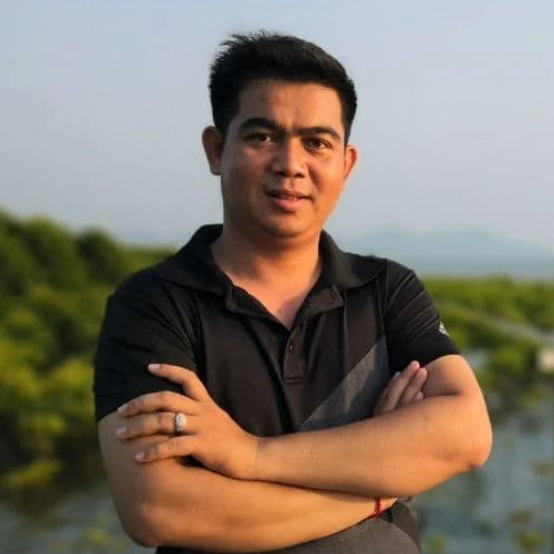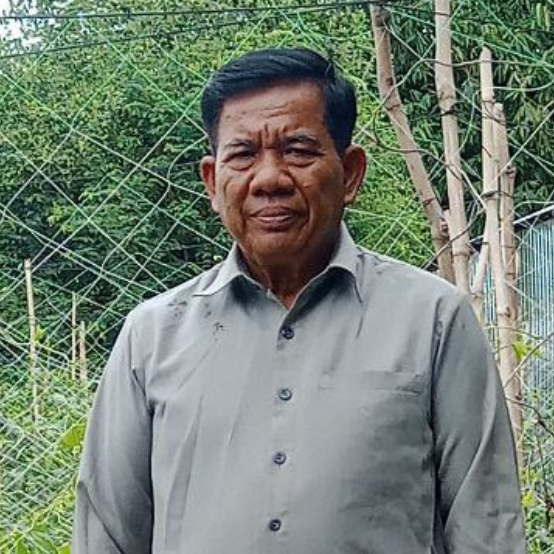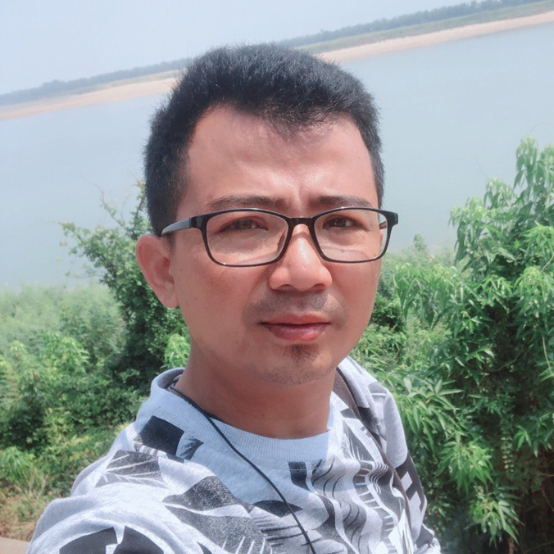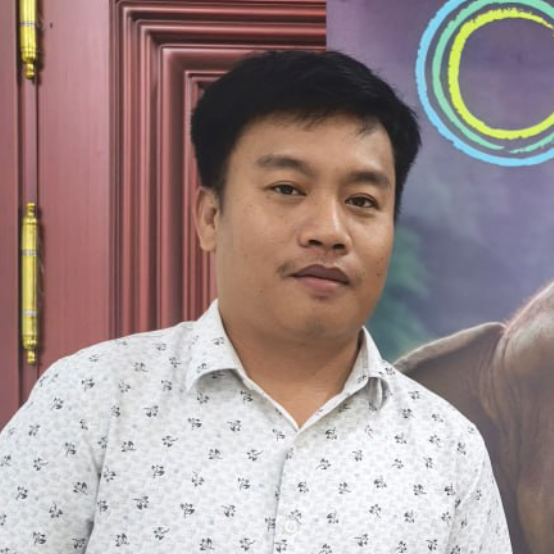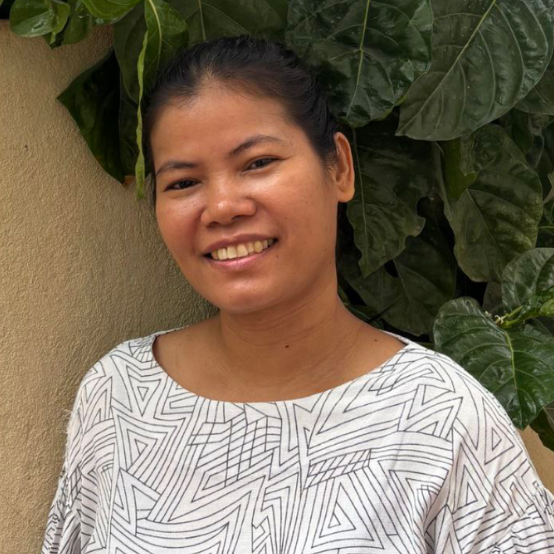Our Voices from the Field series is a behind-the-scenes look into the conservation efforts of our field teams and partners around the world. We believe protecting the planet begins with people and this series highlights talented practitioners and the work we do protecting our natural world, together.
Our Cambodia team is on the front lines of conservation efforts in Southeast Asia, focusing on the protection of Asian elephants in the Prey Lang Wildlife Sanctuary and marine life along the coast of Kep and Kampot provinces. One member of our team in Cambodia is Senior Marine Biologist Leng Phalla.
Phalla completed her undergraduate work in Biology and received a Master of Science in Biodiversity Conservation from the Royal University of Phnom Penh. She has more than seven years of experience in biodiversity conservation in Cambodia with a focus on coastal zones and marine life. She has published research on seagrass conservation in the Cambodia Journal of Natural History.
As Senior Marine Biologist, Phalla leads sea turtle research and protection, community awareness programs, and collaborates with government and civil society partners on locally managed marine protected areas.
Continuing our Voices from the Field series, we spoke with Phalla about her work and on local developments in Cambodia and beyond.
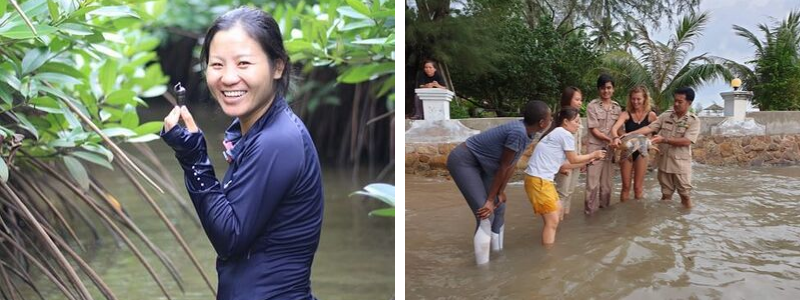
Name: Leng Phalla
Role and Organization: Senior Marine Biologist, Cambodia Program, Wild Earth Allies
Current City: Phnom Penh City, Cambodia
Q: How did you first become involved with Wild Earth Allies?
In the third year of my university studies (2010) I found a volunteer job with an Asian elephant conservation project. This project was led by Mr. Tuy Sereivathana who is now the Cambodia Program Director for Wild Earth Allies.
Q: How did you become interested in marine biology?
I was born in Kampot Province, which is one of four coastal provinces in Cambodia. One time while traveling to our local islands, I saw an illegal fishing boat and became very upset. There were so many dead corals and seagrasses on the beach.
These illegal fishing activities greatly impact the local communities who rely on a healthy marine ecosystem for their livelihoods. I heard stories from people about how their fishing harvests have significantly decreased. These illegal and unsustainable fishing practices destroy our marine ecosystem.
Q: You were born and raised in Cambodia, what is it like to be on the front lines working to protect your local community?
Today, marine areas are very different from when I was a kid growing up in this region. Illegal fishing ventures have led to seafood becoming more expensive and the destruction of underwater marine life.
Q: Why is marine conservation so important?
Our local marine species are important food sources for humans and contribute to the livelihoods of people who live in and near coastal areas. Marine conservation also protects endangered species.
Marine conservation is not just a job for governments, it is everyone’s responsibility.
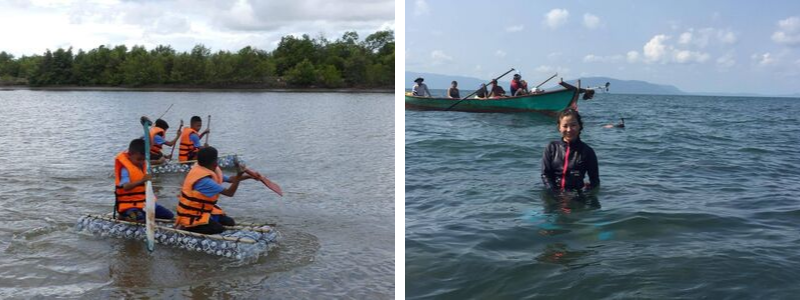
At left, four boys take part in a plastic boat race in Cambodia during a World Oceans Day festival on June 8, 2019. At right, Phalla is seen conducting marine field research.
Q: You recently helped organize a World Oceans Day festival in Kampot province. Can you please tell us more about this?
World Oceans Day is an annual global celebration, held on June 8th, with events across the world celebrating our oceans. The holiday is important locally because it raises awareness about marine wildlife, conservation efforts and the role people play in protecting our oceans in Cambodia and beyond. In collaboration with the Cambodian Fisheries Administration, several NGOs and private partners, we organized an inaugural World Oceans Day festival in Kampot province to celebrate Cambodia’s marine environment. The event featured family-friendly activities including drawing competitions, mangrove planting, recycled plastic boat races and more.
Q: Who attended the festival?
We had over 300 people in attendance including officials and representation from our provincial government, local governmental authorities, the Marine Navy, police, students, children, local NGOs and members of the local business community.
Q: What was your favorite activity or moment at the festival?
I loved the recycled plastic bottle boat competition, student paintings and the planting of mangrove trees. These activities demonstrated that small gestures – like recycling your plastics – can make a big difference for the health of our marine environment. By doing this we can protect and restore our marine habitats and together we can create an environment where our resources are protected for all people.
Q: What are you working on now?
The Cambodian Fisheries Administration requested our team’s help to establish a marine protected area (MPA) in Kampot Province. The province is home to one-third of Cambodia’s coral reefs and a key part of the largest seagrass bed in SE Asia and serves as key foraging grounds for hawksbill and green turtles. Destructive fishing practices, overfishing, and unsustainable coastal development from a growing tourism industry have degraded this marine environment, threatening both marine turtles and local livelihoods. Working with government and community partners, we will develop an MPA, known locally as a Marine Fisheries Management Area (MFMA), to protect this vulnerable coastal environment. We will also establish long-term research efforts to determine the status of marine turtles in the region and continue awareness-raising activities to reduce threats such as by-catch and turtle meat consumption.
Q: What’s an interesting fact about yourself that people may not know?
I am one of the first female Cambodian marine biologists. My favorite animals are sea turtles and many people in Kampot province call me “Sea Turtle Mother”.
To learn more about the work Wild Earth Allies is doing in Cambodia, please visit www.wildearthallies.org. And please consider supporting our work. Donate today.


